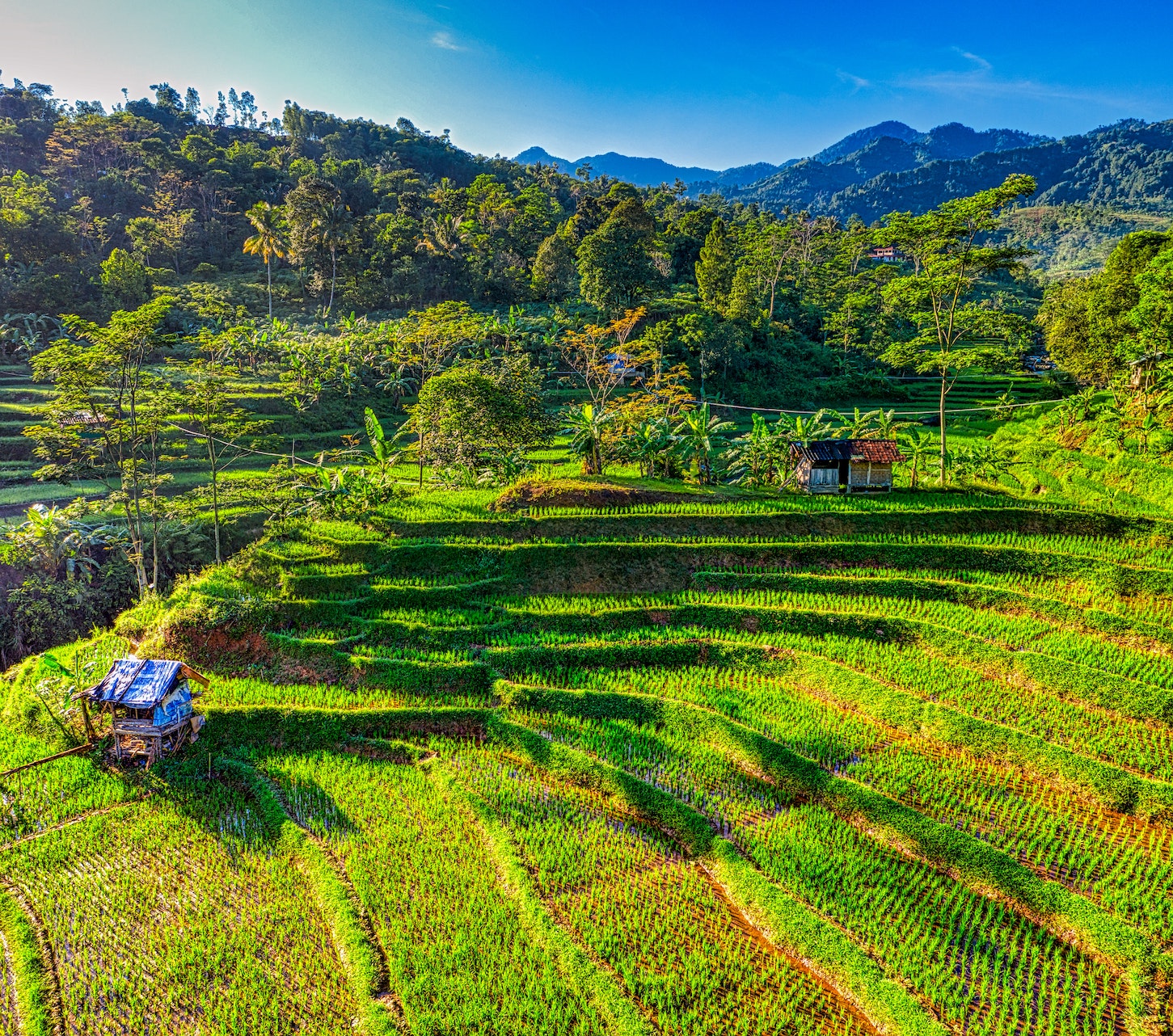An important part of transitioning a landscape to sustainable management is helping farmers (aka producers) adopt new technology and methods that are more sustainable than existing practices. This often requires education and training of local farmers, commonly referred to as technical assistance.
Technical assistance seeks to achieve a win-win:
- Adoption of new tech and practices increases yields for producers which supplements their income and often creates more jobs within the community.
- New farming practices are more sustainable, which stabilize the supply chains that rely on them and reduce ecological impact.
Common practices employed are agroforestry and crop rotation. These require new equipment and training, which is most commonly financed by supply chain stakeholders who seek to benefit from more security and higher ethics within their supply chain. Initiatives are most often coordinated by nonprofits and supported by local governments.

